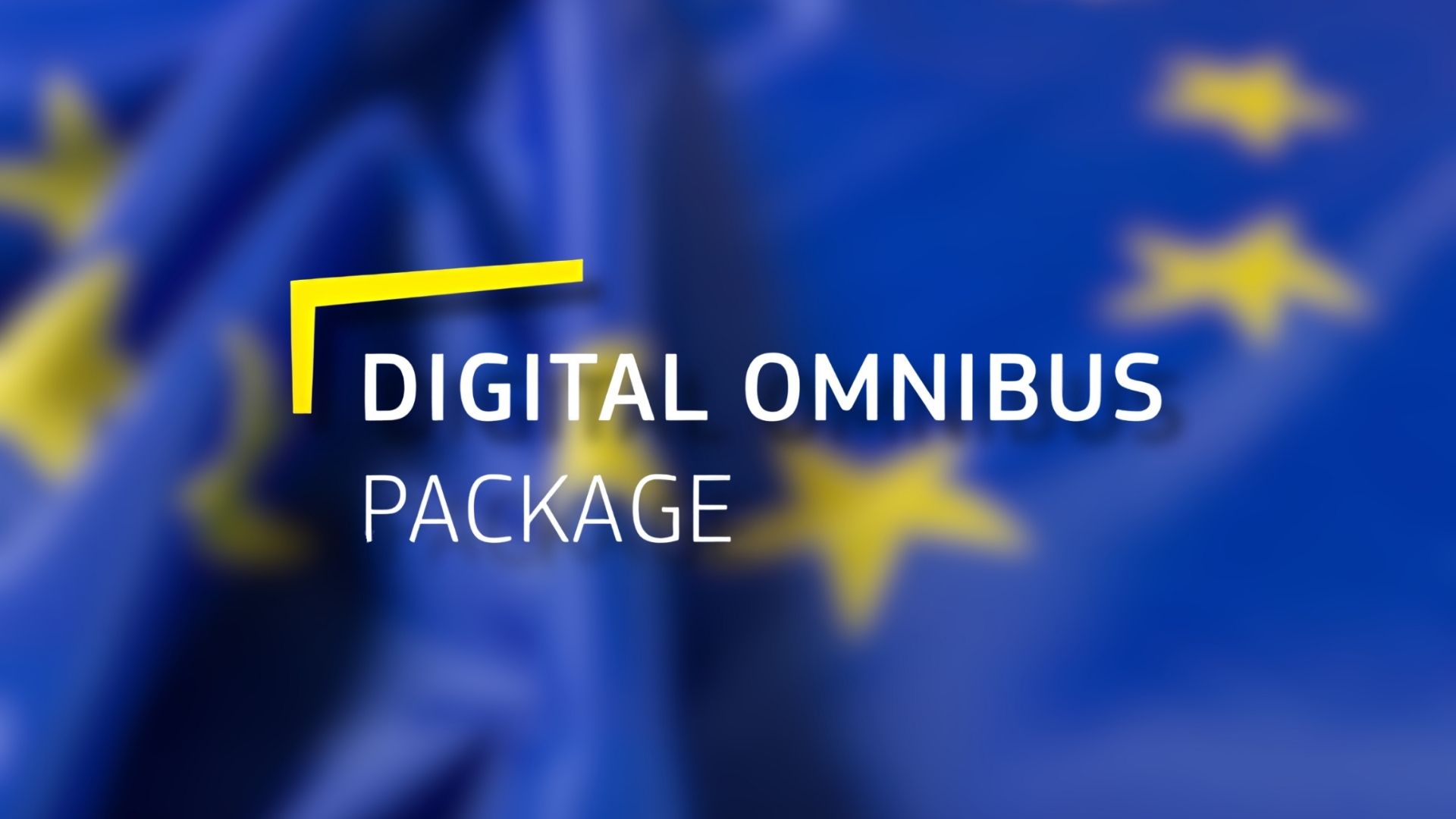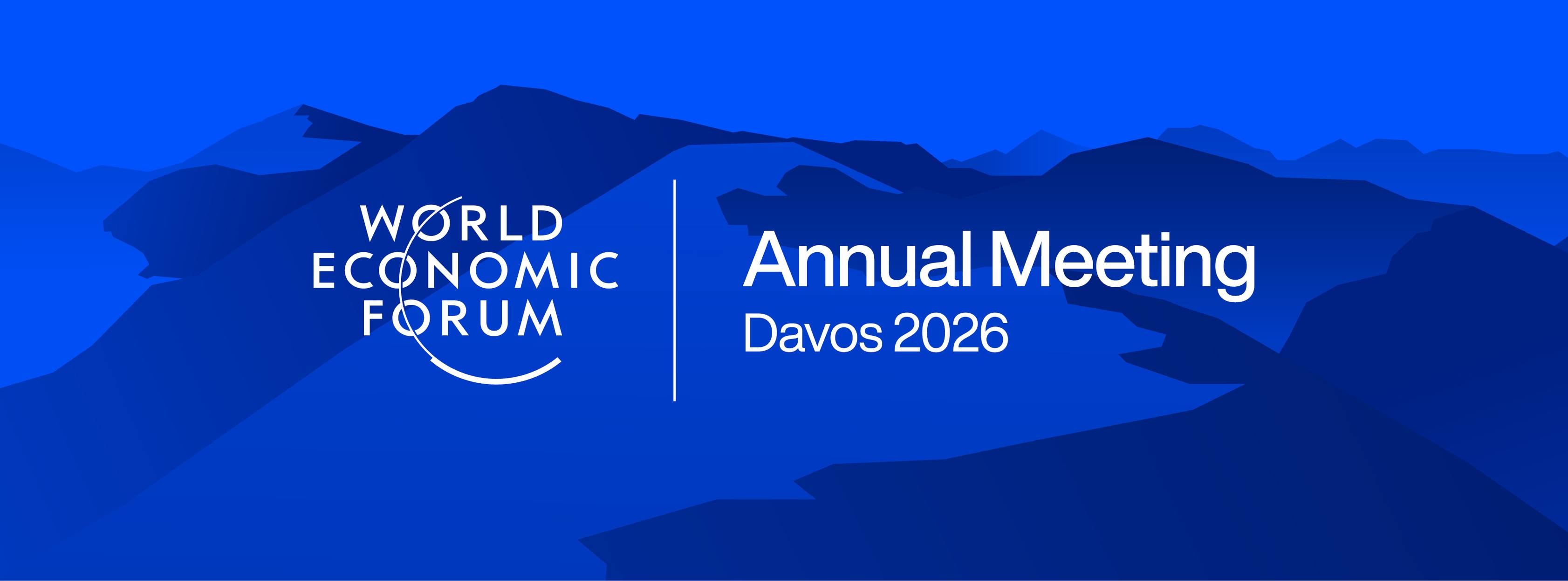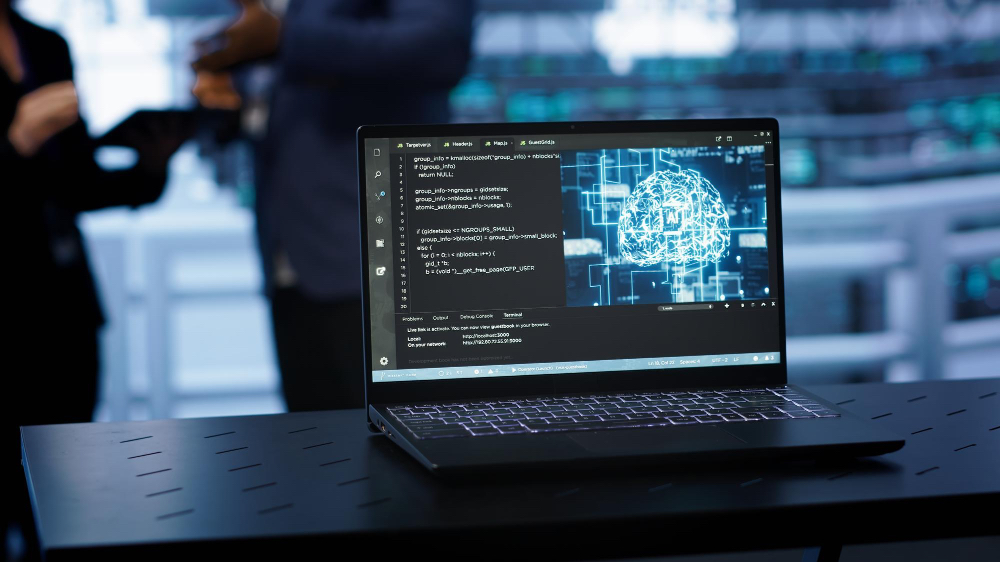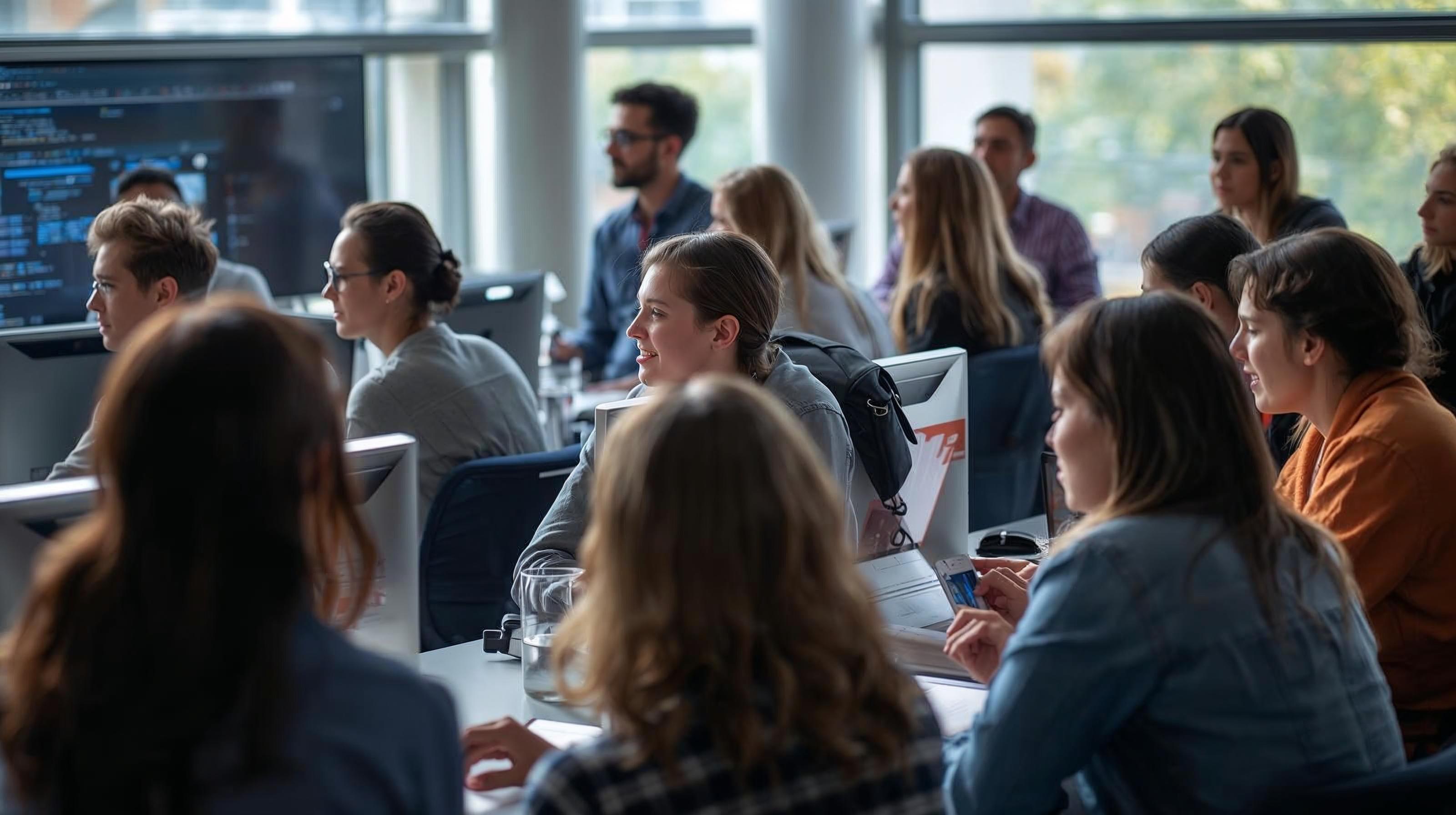Tata Sons plans to invest $11 billion to build a large ‘Innovation City’ near the upcoming Navi Mumbai International Airport, according to Maharashtra Chief Minister Devendra Fadnavis, speaking at the World Economic Forum (WEF) in Davos. He said the project has drawn strong interest from international investors and will include major infrastructure upgrades alongside a data centre.
The location next to the Adani Group–developed Navi Mumbai Airport is being positioned as an advantage, linking global connectivity with the high-tech industry. The project also reflects a broader global rush to expand data centres as companies roll out AI services, with firms such as Microsoft, Alphabet, and Amazon investing heavily in new capacity worldwide.
Maharashtra, which contributes more than 10 percent of India’s GDP and hosts the country’s financial capital, is also pushing a wider infrastructure drive, including a $30 billion plan to upgrade Mumbai. State leaders have framed these investments as part of an effort to boost growth and respond to economic pressures, including unemployment.
The Innovation City is expected to support India’s ambitions in AI and semiconductors, with national officials pointing to a public-private partnership approach rather than leaving development solely to big tech companies. Alongside this, the state is exploring energy innovation, including potential collaborations on small modular nuclear reactors, following recent legislative support for smaller-scale nuclear projects.
Taken together, the plan is being presented as a bid to attract global investment, accelerate high-tech development, and strengthen India’s role in emerging industrial and technology shifts centred on AI, advanced manufacturing, and digital infrastructure.
Diplo is live reporting on all sessions from the World Economic Forum 2026 in Davos.
Would you like to learn more about AI, tech and digital diplomacy? If so, ask our Diplo chatbot!










